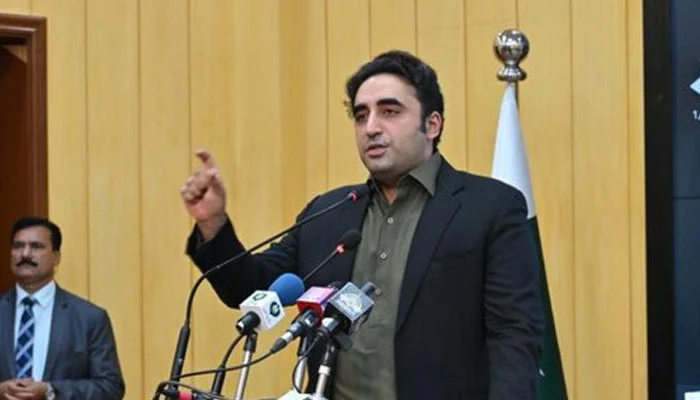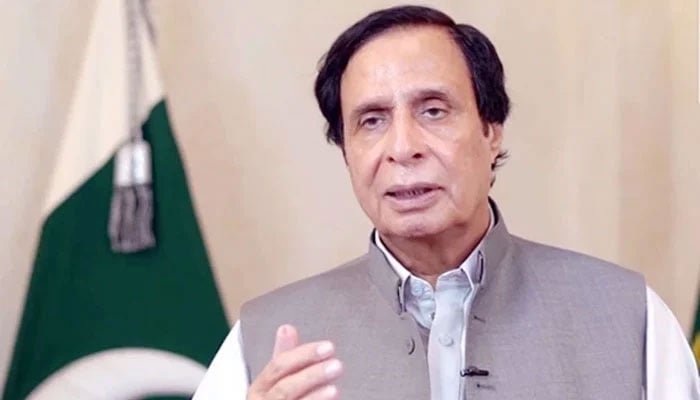In a recent interview on Geo News’ program Aaj Shahzeb Khanzada Ke Saath, Federal Minister for Energy Owais Leghari criticized the previous government led by Imran Khan for allegedly providing undue relief to Independent Power Producers (IPPs). Leghari stated that after the release of the Muhammad Ali report in 2019, the PTI government missed a significant opportunity to renegotiate contracts with the IPPs, which could have led to substantial benefits for the country and its people.
He expressed concerns that the PTI government’s actions may have been intentional, leading to a situation that is now unfavorable for IPPs, consumers, and the nation as a whole. According to Leghari, the mismanagement of this opportunity is now impacting the energy sector, contributing to the ongoing challenges faced by the public.
Missed Opportunity with IPPs
The Muhammad Ali report highlighted areas where the government could have negotiated better terms with the IPPs to reduce costs and improve efficiency. However, Leghari accused the PTI government of failing to act on these recommendations, resulting in a wasted opportunity that could have alleviated some of the financial burdens associated with the energy sector.
Leghari also mentioned that, despite the challenges, the current government is actively renegotiating with IPPs to seek relief for consumers. He suggested that the outcome of these negotiations could result in a reduction of up to 600 billion rupees in costs, benefiting electricity consumers across the country.
Response to Asifa Bhutto’s Criticism
On a related note, Owais Leghari addressed the criticism made by Asifa Bhutto regarding the prolonged electricity load-shedding in certain areas. Bhutto raised her concerns during the question session in the National Assembly, questioning the government’s claim of surplus electricity while many areas still face up to 18 hours of load-shedding. She demanded answers on why load-shedding persists despite the government’s assurances of surplus power.
In response, Leghari explained that load-shedding occurs primarily in areas where electricity theft is rampant. He placed the blame on the non-performance of distribution companies (discos) and the provincial governments’ lack of enforcement. According to Leghari, the long hours of power cuts in these areas are a direct result of the inability to manage theft and inefficiencies in the system.
The Issue of Capacity Payments
Leghari also touched upon the issue of capacity payments to IPPs, which have seen a significant increase over the years. According to reports, capacity payments to IPPs have risen by 2,142 billion rupees after the introduction of new IPPs. This increase in payments adds to the financial strain on the energy sector, further complicating efforts to make electricity more affordable for consumers.
The energy minister indicated that the government is committed to taking concrete steps to address these issues and reduce the burden on the public. Efforts are underway to renegotiate contracts with IPPs, and the government is exploring ways to lower electricity costs by improving efficiency and tackling theft.
Moving Forward
The challenges within the energy sector continue to be a major concern for the government and the public alike. With rising costs, prolonged load-shedding, and inefficiencies in the system, the energy sector requires urgent attention and reforms.
Owais Leghari’s accusations against the PTI government have brought to light the complexities surrounding the IPPs and the broader energy crisis in the country. As the government continues its renegotiation efforts with IPPs, there is hope that consumers may finally see some relief in electricity costs. However, much work remains to be done to address the underlying issues of theft, mismanagement, and inefficiencies that plague the sector.
The public eagerly awaits the outcome of these negotiations, as well as any steps the government may take to ensure a more stable and affordable energy supply.



